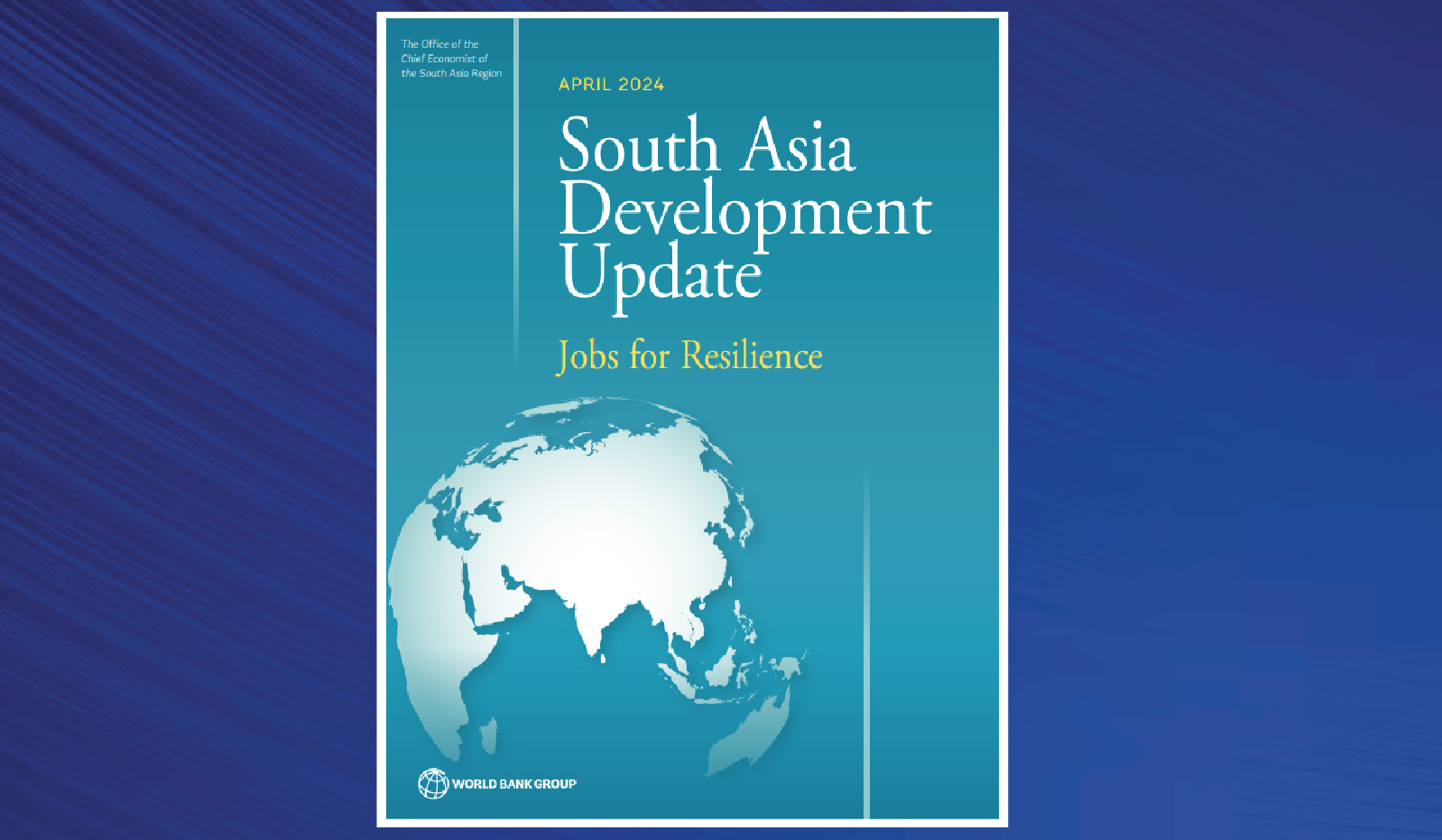It highlights that cognitive skills and STEM capabilities are crucial for future workforce in India and Asia-Pacific region, driven by growing demand for AI, data science etc.
Four key global forces shaping labor demand according to Report:
- Economic Globalization: Global trade creates opportunities but increases competition, leading to job losses and skilled migration. E.g. Brain drain in India
- Shifting Demographics: Aging populations in countries like Japan and South Korea shrink labor forces.
- While young populations in countries like India can benefit from a "demographic dividend" with investments in education and jobs.
- Technological Change : McKinsey Global Institute (2018) projected that automation could displace 15% of the global workforce by 2030.
- Climate Change: Climate disruption affects sectors like outdoor work and emergency services.
- In India, 32% seek reskilling due to environmental concerns. However, the green economy could create 24 million jobs by 2030.
Way Forward:
- Labor Market Information: Governments should share real-time data to guide training and curriculum, like Australia’s model.
- Inclusive Education: Programs like India’s Skill India Mission offer skills and job opportunities for marginalized groups.
- Government Financing: Public funding and incentives can reduce barriers to training, especially for small enterprises and individuals.
- Continuous Learning: Lifelong learning, upskilling and reskilling with both technical and soft skills, should be prioritized.
- In India, 70% of professionals seek upskilling opportunities.
Steps taken by India to address challenges highlighted by Report:
|





